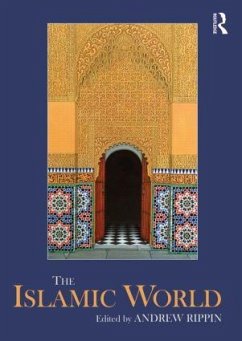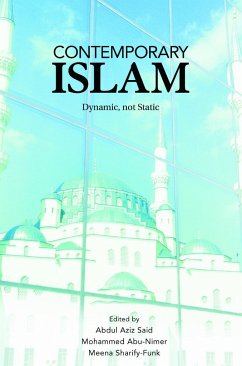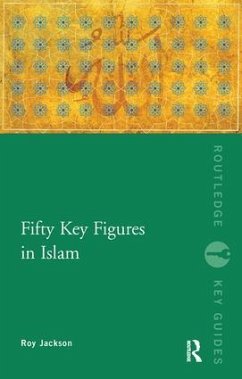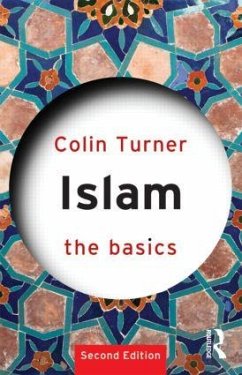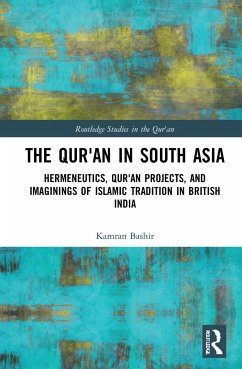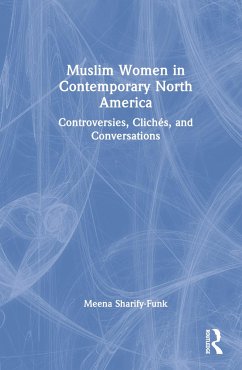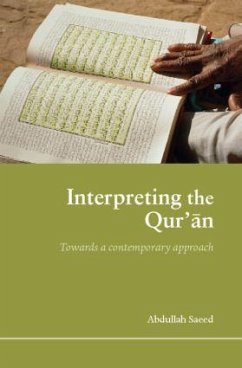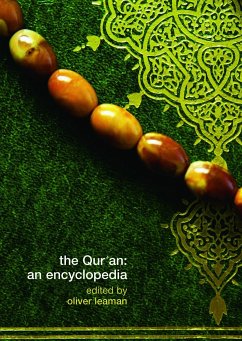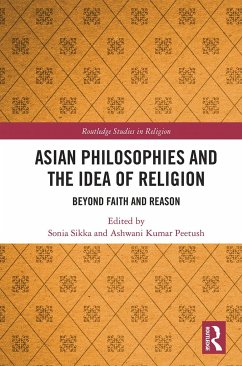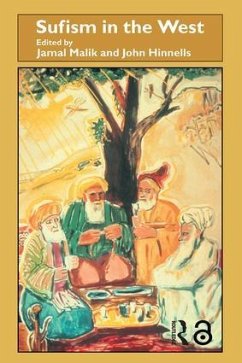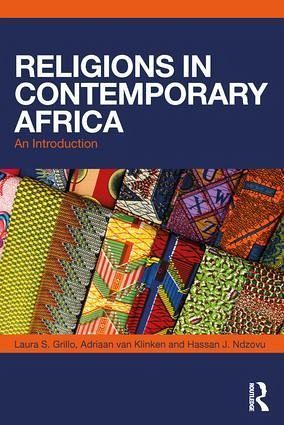
Religions in Contemporary Africa
An Introduction
Versandkostenfrei!
Versandfertig in 6-10 Tagen
31,99 €
inkl. MwSt.
Weitere Ausgaben:

PAYBACK Punkte
16 °P sammeln!
Religions in Contemporary Africa is an accessible and comprehensive introduction to the three main religious traditions on the African continent, African indigenous religions, Christianity and Islam. The book provides a historical overview of these important traditions and focuses on the roles they play in African societies today. It includes social, cultural and political case studies from across the continent on the following topical issues:Witchcraft and modernityPower and politicsConflict and peaceMedia and popular cultureDevelopmentHuman rightsIllness and healthGender and sexualityWith su...
Religions in Contemporary Africa is an accessible and comprehensive introduction to the three main religious traditions on the African continent, African indigenous religions, Christianity and Islam. The book provides a historical overview of these important traditions and focuses on the roles they play in African societies today. It includes social, cultural and political case studies from across the continent on the following topical issues:
Witchcraft and modernity
Power and politics
Conflict and peace
Media and popular culture
Development
Human rights
Illness and health
Gender and sexuality
With suggestions for further reading, discussion questions, illustrations and a list of glossary terms this is the ideal textbook for students in religion, African studies and adjacent fields approaching this subject area for the first time.
Witchcraft and modernity
Power and politics
Conflict and peace
Media and popular culture
Development
Human rights
Illness and health
Gender and sexuality
With suggestions for further reading, discussion questions, illustrations and a list of glossary terms this is the ideal textbook for students in religion, African studies and adjacent fields approaching this subject area for the first time.





